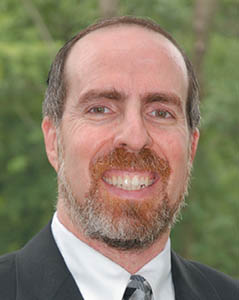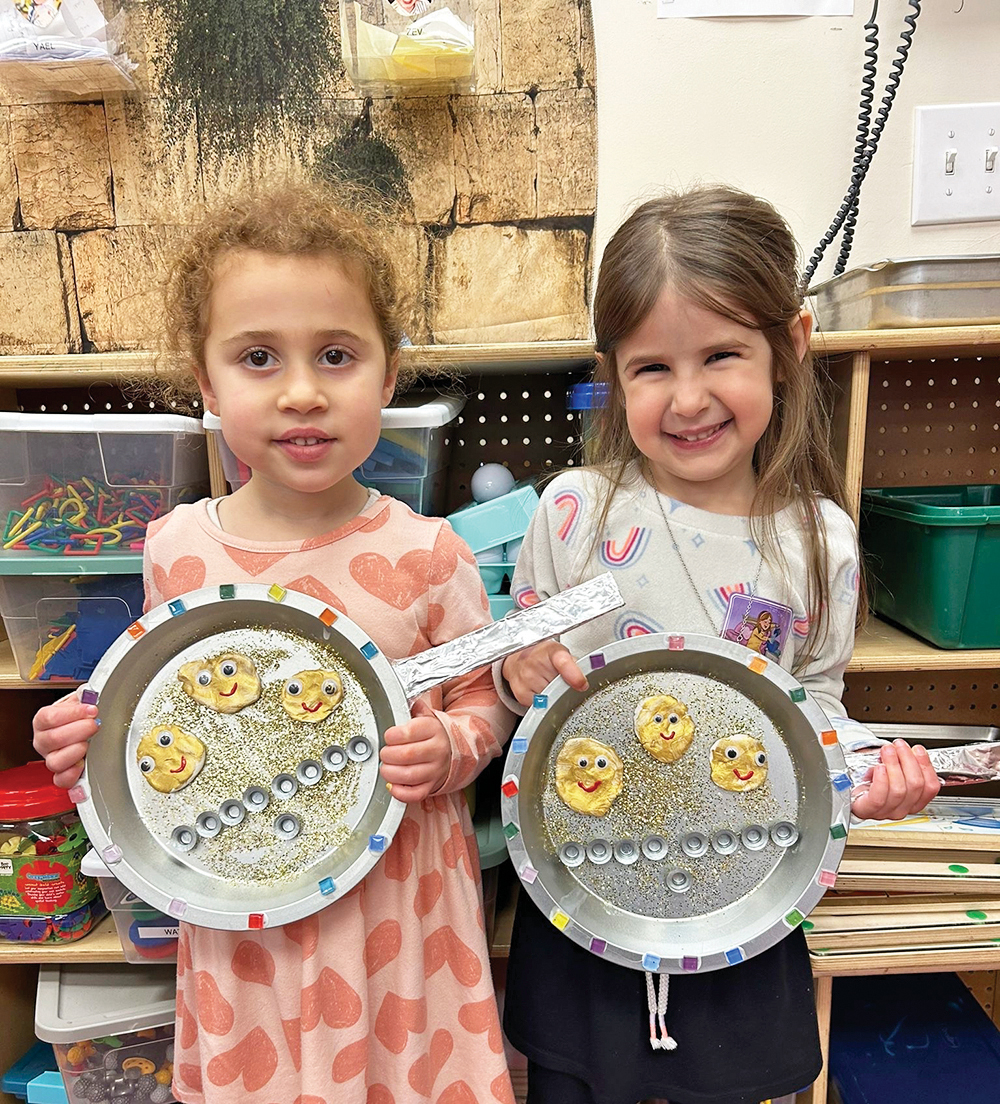
It was Shabbat Parshat Vayechi in the year 5698/1938. The Nazis had just taken control of Austria and their evil soldiers raided a major synagogue in Vienna. The Jews were in the midst of praying Mincha and were reading the Torah portion of the next week, Parshat Shemot. Total mayhem and destruction ensued. Tallitot were torn, siddurim and Chumashim were torn apart. The peak of the horror was when a Nazi soldier took his weapon and stabbed his bayonet into the open Sefer Torah!
The Jews returned later that evening to the beit knesset to restore some order. The remnants of the various holy items were placed in the most honorable condition possible in those trying circumstances. Finally, the violated Sefer Torah was reached. A huge surprise unfolded before the eyes of the synagogue members. The pasuk into which the Nazi thrust his knife was none other than the pasuk that relates “V’haya ka’asher ya’anu oto kein yirbeh v’chein yifrotz—And it was that the more they (the Egyptians) afflicted us, the greater we grew and proliferated!
This story is related by Mr. Arthur Poleyeff, principal of Torah Academy of Bergen County, whose great-uncle witnessed this event. In fact, the violated Torah survived the Holocaust and is stored in the home of Mr. Poleyeff’s cousin who resides in Israel. Mr. Poleyeff himself saw the pasuk that bears the wounds of that evil soldier until this very day.
“V’haya ka’asher ya’anu oto kein yirbeh v’chein yifrotz” is not merely a matter of history; it is a principle that guides Jewish history. Examples abound. They include the Roman persecution of Rabi Shimon Bar Yochai that forced him to hide with his son, Elazar, in a cave for no less than 13 years. During that time, father and son developed the basis for the most fundamental work of the Kabbalah, the Zohar. The aftermath of the Spanish Inquisition bred the great Jewish community of Tzfat in the 16th and 17th centuries, where the Shulchan Aruch was composed and the Ari revealed many secret teachings that dramatically altered the landscape of the Jewish world. Rav Moshe Feinstein was placed under house arrest by Soviet authorities from 1934 until 1936 to curtail Rav Moshe’s impact on the community. During that time, Rav Moshe composed his most detailed and (some would argue) his best response to queries regarding Jewish law.
The history of Zionism and the State of Israel most certainly follows this pattern. The greater our enemies such as the Mufti of Jerusalem, Haj Amin al-Husseini (yimach shemo) and Yassir Arafat (yimach shemo) tried to afflict us the stronger the Jewish community in Eretz Yisrael became.
Enemy arson is, regrettably, not a new phenomenon. During Arab riots against Jewish immigration to Eretz Yisrael in the 1930s, homes, businesses and fields were set ablaze. In his new book, “Israel; A Concise History of a Nation Reborn,” Daniel Gordis records that the Zionist response to the disheartening arson was to redouble efforts to strengthen the yishuv, as the Jewish community of pre-state Eretz Yisrael was known.
“V’Haya ka’asher ya’anu oto kein yirbeh v’chein yifrotz” is not just a fact of Jewish history. It is a call, nay demand, to action on our part. Jews do not seek revenge. Instead, we channel the burst of negative energy hurled in our direction into strengthening ourselves materially and spiritually.
The efforts of Rav Yehoshua Fass—after his cousin was murdered in a Palestinian attack in the year 2000—are legendary. Instead of philosophizing about his cousin’s death, the young rabbi used the tragedy as a powerful motivator to establish the Nefesh B’Nefesh organization, which has facilitated the aliyah of more than 50,000 Jews to Israel.
We were all shocked by the devastation heaped upon us by our enemies over the Thanksgiving weekend. Our reaction is directed by the mantra of our people under such circumstances—“Vhaya ka’asher ya’anu oto kein yirbeh v’chein yifrotz.” We will redouble our commitment to Eretz Yisrael and play any and all roles possible in the rebuilding effort. We will also make every effort to strengthen ourselves spiritually.
Let us take this opportunity to strengthen our individual and communal tefillah. Let us utilize this difficult moment to resolutely resolve to refrain from any extraneous conversation during tefillah. Our batei knneset will achieve even greater levels of holiness and sanctity.
Do not waste your emotions at being angry at our enemies. Seize the opportunity to make yourselves and our community, both here and in Israel, even stronger and even greater. Let us set an example to our children of how “V’haya ka’asher ya’anu oto kein yirbeh v’chein yifrotz” makes us such a great and vibrant people.
By Rabbi Haim Jachter
Rabbi Haim Jachter is the spiritual leader of Congregation Shaarei Orah, the Sephardic Congregation of Teaneck. He also serves as a rebbe at Torah Academy of Bergen County and a dayan on the Beth Din of Elizabeth.













